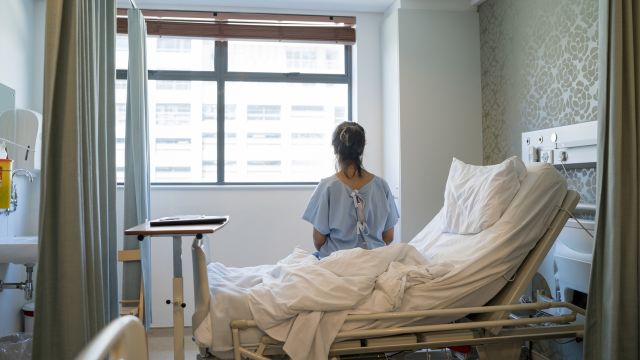Ulcerative colitis (UC) is one of the two main forms of inflammatory bowel disease (IBD). The other is Crohn’s disease. While they are separate conditions, both are characterized by inflammation and ulcers (sores) in the digestive tract. With UC, inflammation and ulcers primarily affect the rectum and sometimes affect the entire colon. While UC and Crohn’s disease are both IBD, they are different conditions, and require different treatments.
If you have any form of IBD, it is important to seek treatment from a healthcare provider who has experience diagnosing and treating IBD. The primary focus of this article will be UC, but it’s important to acknowledge that the symptoms of UC and Crohn’s disease can overlap. Some people also exhibit symptoms of both conditions (which is called indeterminate colitis). Both conditions can also be misdiagnosed as other conditions.
An accurate diagnosis is essential to getting the right treatment. And treatment is also one of the best ways to prevent complications like the ones that are discussed below.
The potential complications of UC
Ulcerative colitis can cause a number of complications. Some of these complications are a direct result of injury and damage that UC causes to the digestive tract. Other complications result from the way UC interferes with how the body digests food and absorbs nutrients. Though it is not common, some complications can be life threatening.
Potential complications of UC include:
- Toxic megacolon. This occurs when severe inflammation causes the colon to become enlarged and stop working. Sometimes the colon can rupture. While this complication is rare, it is serious and life threatening.
- Perforations. Inflammation and ulcers can weaken the walls of the colon. This can cause perforations (holes) in the walls of the colon. This can lead to a life-threatening infection as the contents of the colon leak into the abdomen. This can also lead to toxic megacolon.
- Colorectal cancer. People with UC are at an increased risk of colorectal cancer. This is thought to be the result of inflammation that causes a high turnover of cells in the colon. People with UC should talk to their healthcare providers about screenings and reducing the risk of colorectal cancer.
- Being underweight. UC can affect a person’s ability to eat enough as well as the body’s ability to digest food and absorb nutrients. This can lead to unintentional weight loss, being underweight, and loss of muscle mass.
- Malnourishment and nutrient deficiencies. In addition to being underweight or losing muscle mass, a person may become malnourished and/or develop nutrient deficiencies because of the way UC impacts appetite, digestion, and bowel habits.
- Osteoporosis. This is a loss of bone tissue that causes bones to become weakened and more susceptible to fractures. In people who have UC, this can be a result of taking anti-inflammatory medications called glucocorticoids.
- Anemia. People with UC are at risk for several types of anemia, including iron deficiency anemia, B12 anemia, and folic acid anemia. This can be a result of inflammation, bleeding, and medications.
The most important thing you can do to prevent complications is work with your healthcare providers and adhere to treatment. While there is no cure for UC, there are treatments that can help control inflammation and address symptoms. Additionally, regular blood work and physical exams can help spot complications.







